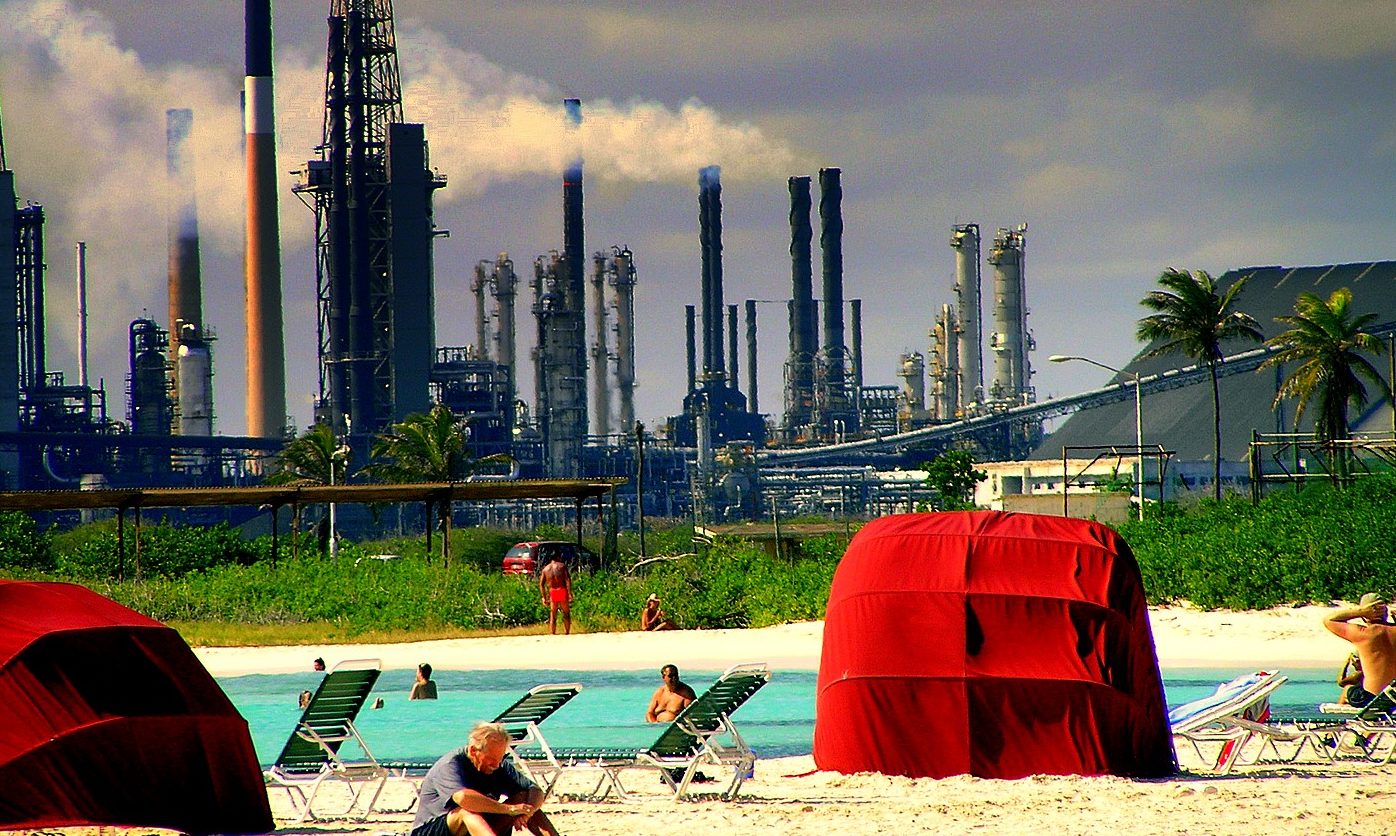A group of leading climate scientists, academics and environmentalists have lodged a formal complaint with the Science Museum over their partnerships with big oil companies. They accuse the museum of “undermining its integrity as a scientific institution” by partnering with BP, Shell and Statoil despite their continued contribution to climate change.
It’s a further PR blow to the oil industry, which is facing huge credibility problems as they refuse to adjust their business models in the face of the looming climate crisis.
The signatories include the broadcaster Chris Packham, the veteran environmental campaigner Jonathon Porrit and Dr James Hansen, the world’s best known climate scientist who first warned the US senate about global warming in 1988. ‘
The complaint argues simly: “ You cannot buy honest science with dishonest money” and can be seen here.
The complaint presents new evidence that by accepting fossil fuel funding the museum has breached its ethics policy by risking its reputation and independence, and comes on eve of Shell’s flagship Make the Future Live event at Olympic Park.
The formal complaint, co-ordinated by research and campaign group Culture Unstained, sets out detailed evidence that the museum is undermining its relationships with important stakeholders and threatening its own reputation through these sponsorship deals.
Dr Chris Garrard, co-director of Culture Unstained, said:
“The Science Museum is engaging in a form of everyday climate denial by continuing to promote the brands of three oil companies while being fully aware of their colossal climate impacts and unethical business practices.”
“At a time when major cities are launching legal action against these same companies, for their contributions to global warming, it is inexcusable for a museum of science to help them pose as ethical and responsible when we are in the midst of a crisis they are actively exacerbating.”
To accompany the complaint, Culture Unstained has launched a new website bringing together all the arguments against oil sponsorship of culture into one place.
New evidence uncovered through FOI requests shows the museum was aware of the risks but failed to act, including:
The Science Museum’s official “due diligence” reports into the ethics backgrounds of all three companies, which reveal that the museum knew about multiple instances of pollution, corruption and links to climate denial – but did not judge them to be in conflict with its values or responsibilities as a trusted science institution.
In addition, no due diligence reports appear to have been created before 2016, despite relationships with Shell and BP going back decades. The report on Shell appears to have been only been rapidly created – or immediately updated – the day after the FOI request was submitted.
In a statement to DeSmog UK Ian Blatchford, Director & Chief Executive of the Science Museum Group, said: “The Science Museum Group’s stance is that external sponsorship is not only necessary, it is a positive aspect of the way we work. While I acknowledge the passion of campaigners who would rather we turned our backs on a variety of legitimate business sectors, I strongly believe we are making the right decisions to secure the long-term future of the museum for the public good, a stance agreed by the Board of Trustees. Any partner that wishes to work with us has to accept that editorial control sits firmly with the museum.”
“We have reviewed the draft document compiled by campaigners and found it had nothing new to say. All sponsorships are considered in line with our Ethics Policy, which is reviewed on a routine basis.”
Shell is currently listed as a corporate partner on the museum’s website, but the museum says it has not had a contract with the company since last year, raising questions about why it is still being celebrated in this way.
A potential ‘gagging’ clause in the museum’s contract with Statoil which prevents Science Museum staff and trustees ‘discrediting or damaging the goodwill or reputation of the sponsor’. This clause becomes problematic given the company’s significant contribution to climate change and the limits this might place on the museum’s freedom to accurately communicate the causes of climate change and the need to leave around 80% of fossil fuels in the ground in order to meet the Paris climate obligations.
The 30-page formal complaint argues that associating publicly with these oil and gas companies while being fully aware of their negative business practices and significant climate impacts undermines the Science Museum’s relationships with key groups of stakeholders, especially scientists and young people. It sets out in detail the ways in which each company continues to base its future plans on unsustainable levels of fossil fuel extraction while using low-level investments in renewables to give the false impression that they are playing their part in the green energy transition.
This isn’t the first time the Science Museum has come under scrutiny over its partnerships with fossil fuel companies. In 2015, emails revealed how Shell had attempted to influence the framing of the museum’s climate science exhibition ‘Atmosphere’, and the following year more than fifty scientists, politicians and campaigners signed a letter to The Guardian calling on the museum to drop Statoil as the title sponsor of its new interactive gallery for children, ‘Wonderlab: the Statoil gallery’. Both the BP-sponsored ‘Cosmonauts’ exhibition and the official opening of Wonderlab were met with creative protests by members of the Art Not Oil coalition and youth activists from Norway.
In the US, oil billionaire David Koch was forced to step down from the board of the American Museum of Natural History in 2016 following pressure from the science community, and in January, 200 scientists called for Rebekah Mercer to step down from the board over her ties to anti-science propagandists and funding of climate science misinformation.
Subscribe to our newsletter
Stay up to date with DeSmog news and alerts







